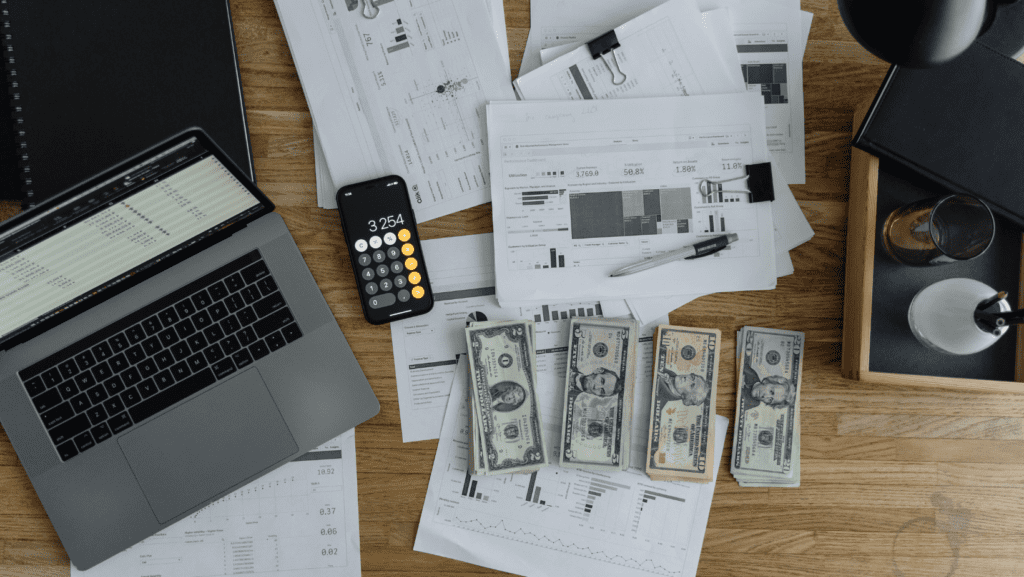Mastering Your Finances: The Art of Expense Tracking
by Stacy Ash
Tracking your expenses is an essential part of personal financial management. By knowing where your money is going, you can create a budget, cut back on unnecessary expenses, and save for your financial goals. There are several effective ways to track your expenses, each with its own benefits and drawbacks. In this article, we will explore the most effective ways to track expenses and the benefits of doing so.

1. Pen and Paper: One of the simplest and most traditional ways to track expenses is by using pen and paper. This method requires discipline and consistency, but it can be effective for those who prefer a hands-on approach. By writing down your expenses as you make them, you can get an accurate picture of where your money is going. This method is also inexpensive and doesn’t require any special tools or software.
2. Spreadsheet: Another popular way to track expenses is by using a spreadsheet. This can be done using software like Microsoft Excel or Google Sheets, which allows you to create a budget, categorize your expenses, and track your spending over time. Using a spreadsheet can help you quickly identify areas where you may be overspending and adjust your budget accordingly. Additionally, spreadsheets allow you to create charts and graphs that can help you visualize your spending patterns.
3. Mobile Apps & Online Tools: Apps like Mint, PocketGuard, YNAB, and online tools such as Personal Capital, Quicken, and Moneydance sync with your financial accounts to track your expenses automatically. They provide alerts, insights, and help create a budget. These tools are convenient and can be used on-the-go.

4. Receipt Tracking: If you prefer to track expenses manually, you can use a receipt tracking app like Expensify or Shoeboxed. These apps allow you to take a photo of your receipts and store them electronically, making it easier to organize and track your expenses. Receipt tracking can be useful if you have a lot of cash expenses that you need to keep track of.
5. Bank Statements: Finally, you can also track your expenses by reviewing your bank statements. This requires more effort than some of the other methods, but it can help you identify areas where you may be overspending and adjust your budget accordingly. Reviewing your bank statements can also help you identify any fraudulent or unauthorized charges on your accounts.

Keeping track of your expenses is crucial for creating and sticking to a budget, as it helps identify areas where you may be overspending and adjust accordingly. Moreover, it can help you save money by cutting back on unnecessary expenses and achieve financial goals like saving for a house or a vacation. With the various methods available, you can choose a hands-on or automated approach to get a clear understanding of your spending and adjust accordingly.
